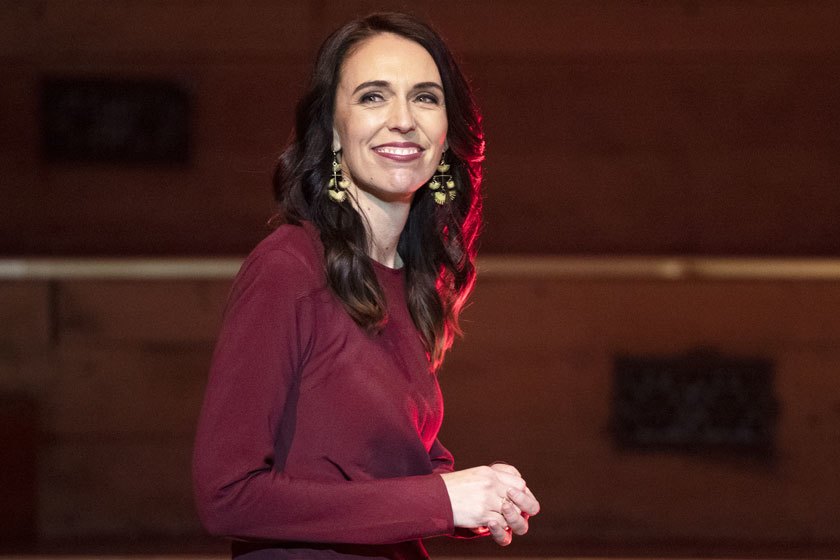
In a revealing interview with The Guardian, former New Zealand Prime Minister Jacinda Ardern opens up about her time in power, the global rise in political rage, and her enduring belief in empathetic leadership.
Speaking with Guardian editor-in-chief Katharine Viner in Cambridge, Massachusetts, where Ardern is now teaching a course on empathetic leadership at Harvard, the former PM reflected on the pressures of leadership, her historic resignation, and why, despite vitriol from opponents and global political turmoil, she still believes “empathy is a kind of strength.”
From Landslide to Leaving
Ardern, once the leading actor of global progressives and the face of “Jacinda-mania,” led New Zealand through some of its most turbulent years, from the Christchurch mosque attack to the COVID-19 pandemic. Her decisive, compassionate responses won her international admiration, with The Guardian noting how she “blazed a global trail” by reforming gun laws within days and co-chairing a global summit to tackle online extremism.
But public rage, much of it gendered and vitriolic, eventually caught up. “Something had been loosened worldwide,” she tells Viner, describing how she became a lightning rod for frustrations around COVID policies, vaccine mandates, and broader political divisions.
“I was probably in power in spite of the power bit,” she says, insisting that it wasn’t burnout that drove her to resign in 2023, but a clear-eyed assessment of whether she could still lead effectively. “Burnout is very different from making a judgment in yourself as to whether or not you’re operating at the level you need to be.”
Rage, Misunderstanding, and the Politics of Emotion
The interview lays bare the emotional toll of Ardern’s years in office. Recalling a disturbing encounter in an airport bathroom, where a woman approached her to say, “Thanks for ruining the country,” Ardern reflects on how public service increasingly invites a kind of inhuman scrutiny. “It was the tenor of the woman’s voice… the seething, nonspecific rage,” she says. “What was happening?”
The pandemic years were particularly scarring. Ardern was vilified by some for strict lockdowns and vaccine mandates—even as New Zealand recorded one of the lowest death tolls globally. “People only see the decisions you made, not the choices you had,” she says, holding back tears.
Ardern says she still feels misunderstood. “Sometimes I’d read a comment and think, holy heck, if half of that was true, I’d dislike me, too.”
A Different Kind of Power
Ardern’s new memoir, A Different Kind of Power, charts her political journey from a small-town Mormon upbringing to becoming New Zealand’s third female prime minister and only the second world leader to give birth while in office. The book, dedicated to “the criers, worriers and huggers,” argues for a different political ethic—one grounded in emotion, empathy, and inclusion.
In a time of resurgent authoritarianism and populist backlash, Ardern’s commitment to empathy reads as both defiant and urgent. Ardern recounts telling Trump after the Christchurch attack that yes, they were calling the gunman a terrorist. “You can show sympathy and love for all Muslim communities,” she told him, a response widely lauded at the time for its moral clarity.
Looking Ahead
Now 44 and teaching in relative anonymity in the US, Ardern remains a symbol of an alternative political path, one she insists is still viable. “Saying loudly and proudly that you believe in empathy and that you’ll govern in that way is an act of strength,” she says, rejecting recent claims by figures like Elon Musk that empathy is a “fundamental weakness of Western civilization.”
She ends the interview with a quiet reaffirmation of her values: “I love politics… because I love people.”
Jacinda Ardern may have stepped away from office, but she hasn’t stepped away from the public good. See the full interview here.

